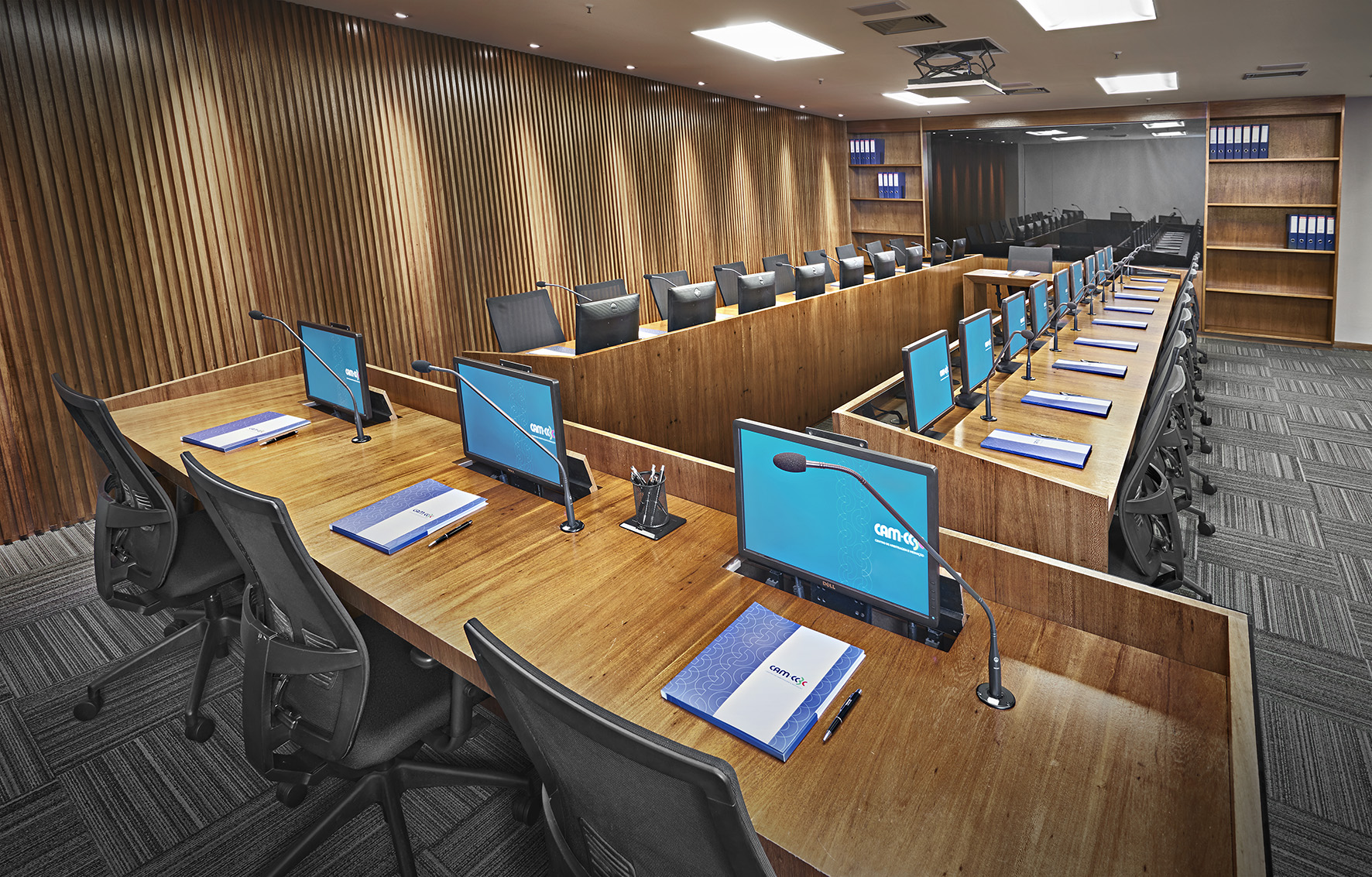PL 3293/21
These considerations are intended to highlight the importance of arbitration consolidated in Law 9,307/96.
The objective, I reiterate, is to reduce the time of litigation between the parties. They are born from the idea of the autonomy of the will. It is the parties who agree that any disputes between them do not require the presence of the Judiciary. We agree that, often, the parties resolve their disputes through dialogue with each other, independent of third parties. But nothing prevents third parties (the arbitrators) from being the problem solvers.
And, over time, there was never any challenge to the content of the aforementioned Law 9,307/96 to reduce its scope. On the contrary: Law 13.129/15 gave it greater significance. It established the possibility of using arbitration to resolve disputes involving the public administration. In other words: its application in private litigation was so successful that the country's legislator expanded its scope to also take it to the public sector. He also mentioned the possibility of rendering partial arbitration awards. Let it be: the quick solution of the divergence is wanted so much that it is possible, even before the final decision, to utter it partially. Also: reduced the list of cases of nullity of the arbitral award.
It was clear that if it does not address all requests made in arbitration, it does not mean that it is entirely void. It will only be subject to a request for an arbitration award, but complementary. Furthermore: before the institution of arbitration, the party may request an urgent precautionary measure from the Judiciary; but, once instituted, only the arbitral tribunal can decide on such requests and may even decide on any injunction granted by the Judiciary, maintaining or denying it.
There were, therefore, advances produced by Law 13,129/15 in relation to Law 9,307/96. All to reveal that the thesis of the arbitration judgment was so successful that the legislator decided to expand the virtues established in Law 9.307/96.
Therefore, it is clear that any new attribute established in favor of arbitration is commendable, welcome and compatible with the inaugural and generating ideas of the arbitration court.
But what does PL 3293/21, authored by the noble deputy Margarete Coelho, intend? Will it be forward or backward? Will they be devices that enhance the system that has produced and is producing the best results on the topic of rapidly decreasing litigation? Will it be a social advance or a setback?
With all due respect, since the author is deserving of the best praise, there is no advance. On the contrary, there is a devaluation of the institute.
As a result, delays in resolving disputes and possible elimination, indirectly, of the national arbitration model.
What is said here is so true that the various associations, from the Brazilian Arbitration Committee, reject the intended change. And they repudiate it because it gave the best results, compatible with the Federal Constitution, article 170, sole paragraph, as well as article 174, ensuring, the first, the free exercise of any economic activity and the second, revealing that the public power can regulate and regulate economic activity, which is mandatory for the public sector, but only indicative for the private sector, as expressed by the Fiesp Chamber of Conciliation, Mediation and Arbitration.
Numerous associations, almost all over Brazil, have manifested themselves against this restrictive arbitration bill. Just to illustrate, I list some: the São Paulo Lawyers Association, the Paraná Commercial Association, the Market Chamber, the Confederation of Commercial and Business Associations of Brazil, the Brazilian Bar Association, the Arbitration and Mediation Center, the Brazilian Center for Mediation and Arbitration, the International Chamber of Commerce, the OAB de Pernambuco, the OAB do Ceará, the OAB do Maranhão, the Centro de Estudos da Sociedade de Advogados, the Committee of Young Arbitrators, the National Council of Mediation and Arbitration, the National Federation of Institutes of Lawyers of Brazil, the Institute of Brazilian Lawyers, the Institute of Lawyers of the Federal District, the Institute of Procedural Law, the Institute of Arbitration of Bahia, the Institute of Lawyers of Paraná, FGV Law of Rio de Janeiro, the Arbitration Chamber of Federasul, the Institute of Private Law, the OAB of Minas Gerais, the OAB of São Paulo, the Chamber of Mediation and Specialized Arbitration (CAMES), the Brazilian Construction Institute, the Arbitration and Mediation Chamber of Fiesp, Senai, Sesi, the Federation of Industries of the State of Minas Gerais, the American Chamber of Commerce for Brazil.
.

 Mr. Alessandro Jacob speaking about Brazilian Law on "International Bar Association" conference
Mr. Alessandro Jacob speaking about Brazilian Law on "International Bar Association" conference